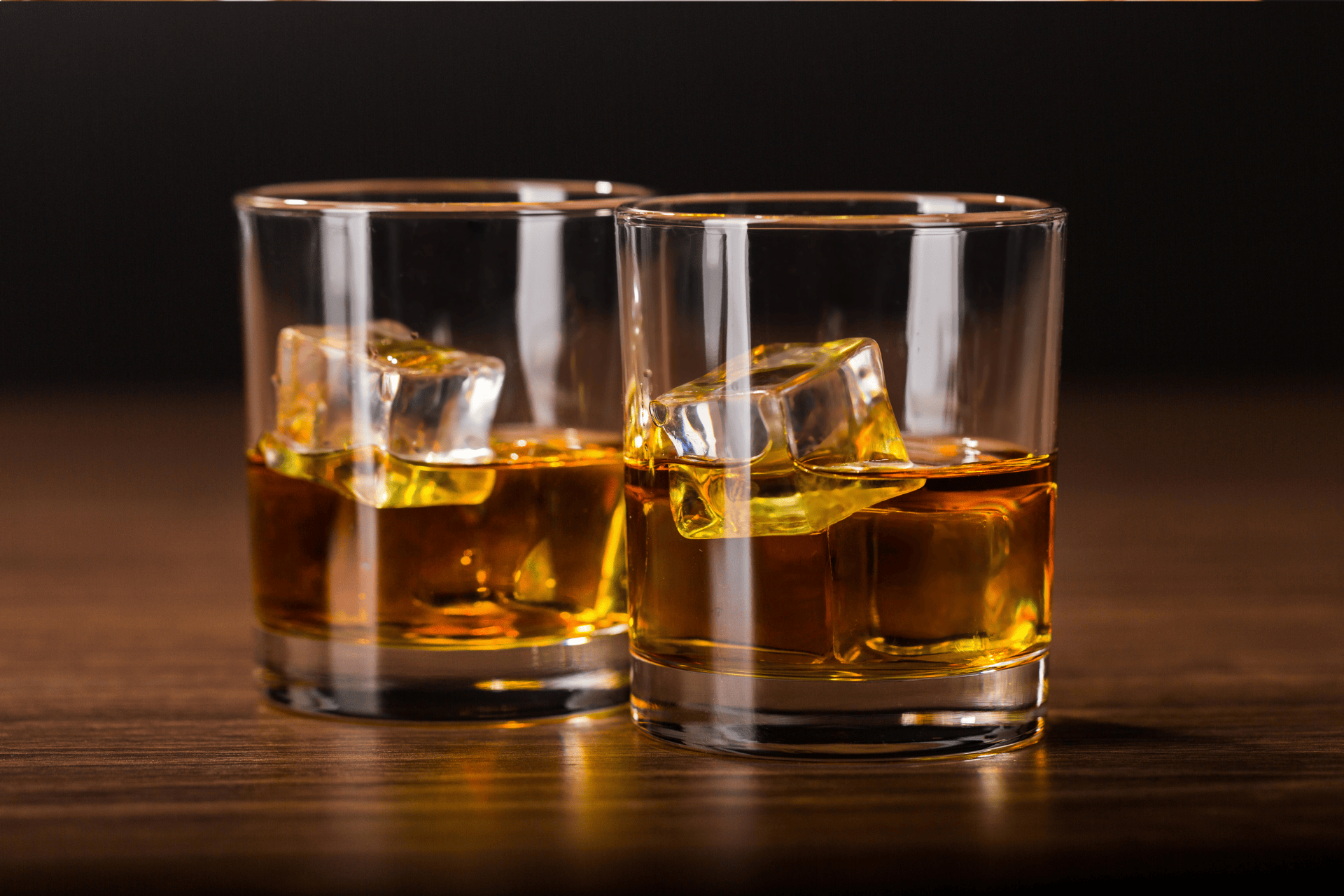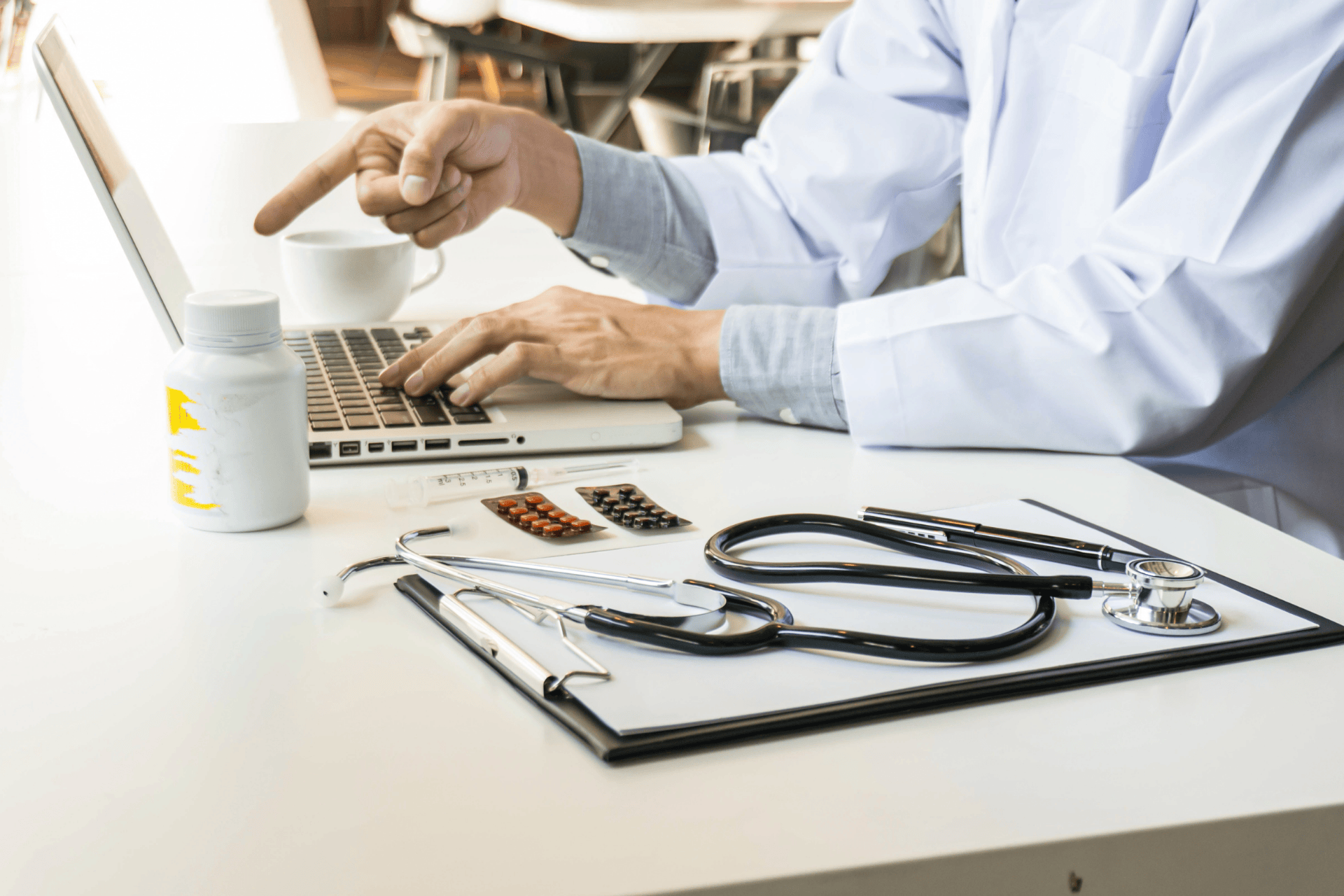GLP1 and Alcohol - Safety Considerations
Understanding GLP-1 MedicationsGlucagon-like peptide-1 (GLP-1) receptor agonists are a class of medications primarily used to treat type 2 diabetes and, more recently, [...]
Read More
Medically reviewed by Alan Lucks | MD, Alan Lucks MDPC Private Practice - New York on October 22nd, 2025.
GLP-1 medications like semaglutide and liraglutide slow gastric emptying by up to 70%, which delays alcohol absorption and can cause dangerously prolonged intoxication effects.
Blood glucose can drop to critically low levels (below 70 mg/dL) within 2-4 hours of drinking, as alcohol blocks the liver's glucose production while GLP-1 drugs enhance insulin sensitivity.
Even moderate alcohol consumption (1-2 drinks) can trigger severe nausea and vomiting lasting 12-24 hours due to the combined effect on the digestive system's motility.
Dehydration risk increases significantly because both substances can cause fluid loss—alcohol through diuresis and GLP-1 medications through prolonged vomiting episodes.
Emergency treatment requires immediate IV dextrose for hypoglycemia, antiemetics like ondansetron for nausea, and careful monitoring since standard alcohol metabolism timelines don't apply.
Glucagon-like peptide-1 (GLP-1) receptor agonists are a class of medications primarily used to treat type 2 diabetes and, more recently, obesity. These drugs mimic the action of the natural hormone GLP-1, which helps regulate blood sugar levels by enhancing insulin secretion, slowing gastric emptying, and reducing appetite. Popular GLP-1 medications include liraglutide, semaglutide, and dulaglutide, which have gained widespread use due to their effectiveness in managing blood glucose and supporting weight loss. Recent studies have also suggested that these medications may have cardiovascular benefits, further solidifying their role in comprehensive diabetes management.
Because GLP-1 drugs influence the digestive system and metabolism, understanding how they interact with other substances, such as alcohol, is essential for anyone using these medications. Alcohol consumption is common, and its effects on blood sugar and overall health can be significant, especially when combined with medications that alter metabolic processes. For instance, while moderate alcohol intake may not pose a severe risk for some individuals, excessive drinking can lead to unpredictable blood sugar fluctuations, which can be particularly concerning for those on GLP-1 therapies. Additionally, the combination of alcohol and GLP-1 medications may exacerbate gastrointestinal side effects, such as nausea and vomiting, which are already common with these drugs.
Moreover, the lifestyle changes that accompany the use of GLP-1 medications often include dietary modifications and increased physical activity. This holistic approach not only aids in weight management but also enhances the overall efficacy of the medication. Patients are encouraged to adopt a balanced diet rich in whole foods, such as fruits, vegetables, lean proteins, and whole grains, which can synergistically work with GLP-1 medications to stabilize blood sugar levels. Furthermore, regular exercise can improve insulin sensitivity and contribute to weight loss, creating a positive feedback loop that supports long-term health. Understanding the interplay between these lifestyle factors and GLP-1 medications is crucial for optimizing treatment outcomes and achieving sustainable health improvements.
Alcohol has a complex relationship with blood sugar levels. While moderate alcohol consumption can sometimes lower blood sugar, excessive drinking often leads to unpredictable fluctuations. Alcohol can inhibit gluconeogenesis, the liver’s process of producing glucose, which may cause hypoglycemia (low blood sugar), especially in people with diabetes or those on glucose-lowering medications like GLP-1 agonists. This is particularly concerning for individuals who may not recognize the early symptoms of low blood sugar, such as dizziness, confusion, or irritability, which can be easily mistaken for the effects of alcohol itself.
GLP-1 medications slow gastric emptying, meaning food and liquids pass more slowly from the stomach to the intestines. When alcohol is consumed, this delayed emptying can increase the time alcohol remains in the stomach, potentially intensifying its effects and increasing the risk of gastrointestinal discomfort, nausea, or vomiting. These side effects are common with GLP-1 drugs even without alcohol, so combining the two can amplify symptoms. Furthermore, the interaction between alcohol and GLP-1 medications can lead to a unique set of challenges, particularly for those who are trying to manage their weight, as both substances can influence appetite and satiety signals in the body.
 Risks of Combining GLP-1 Medications and Alcohol
Risks of Combining GLP-1 Medications and AlcoholSeveral safety considerations arise when combining GLP-1 drugs with alcohol:
Increased Risk of Hypoglycemia: Alcohol can cause blood sugar to drop dangerously low, especially when combined with medications that increase insulin secretion or sensitivity. This risk is particularly pronounced during social events where drinking is more common, making it essential for individuals to monitor their blood sugar levels closely.
Gastrointestinal Side Effects: Both alcohol and GLP-1 agonists can cause nausea, vomiting, and abdominal discomfort. Together, these effects may be more pronounced, leading to a heightened risk of not only discomfort but also potential avoidance of food intake, which can further complicate blood sugar management.
Dehydration and Electrolyte Imbalance: Alcohol is a diuretic, which can lead to dehydration. When combined with the gastrointestinal side effects of GLP-1 drugs, this can increase the risk of electrolyte imbalances. Staying hydrated becomes crucial, yet the nausea induced by the combination may deter individuals from drinking enough fluids, exacerbating the situation.
Additionally, the impact of alcohol on sleep quality should not be overlooked. Poor sleep can lead to increased insulin resistance and further complicate blood sugar control. For individuals on GLP-1 medications, maintaining a consistent routine is vital for managing their condition, and alcohol can disrupt this balance. It’s also important to consider the psychological aspects of drinking; for some, alcohol may serve as a coping mechanism, which could lead to increased consumption and further complicate health management strategies.
For individuals prescribed GLP-1 medications, managing alcohol consumption carefully is crucial to maintaining safety and treatment effectiveness. Here are some guidelines to consider:
Before consuming alcohol while on GLP-1 therapy, it is important to discuss your plans with a healthcare professional. They can provide personalized advice based on your medical history, dosage, and overall health status. Telehealth services like Doctronic.ai offer convenient access to expert medical advice 24/7, making it easier to get answers to your questions about medication and lifestyle interactions.
If your healthcare provider approves moderate drinking, it is essential to keep alcohol intake low and avoid binge drinking. Small amounts of alcohol are less likely to cause severe blood sugar fluctuations or exacerbate side effects.
Regular monitoring of blood glucose is vital when combining GLP-1 medications with alcohol. Hypoglycemia symptoms can sometimes be masked by alcohol intoxication, so frequent checks can help detect dangerous drops in blood sugar early.
To counteract the dehydrating effects of alcohol and reduce gastrointestinal discomfort, drink plenty of water and avoid drinking alcohol on an empty stomach. Balanced meals can help stabilize blood sugar and reduce nausea.
Recognizing when to seek medical attention is critical for anyone using GLP-1 medications who consumes alcohol. Immediate care should be sought if symptoms such as severe nausea, vomiting, confusion, dizziness, or signs of hypoglycemia occur. These may indicate serious complications requiring prompt treatment.
For non-emergency questions or concerns about GLP-1 and alcohol interactions, Doctronic.ai provides accessible, affordable consultations with licensed doctors. With video visits available 24/7 across all 50 states for under $40, Doctronic offers a convenient way to get expert advice without leaving home.
 Balancing GLP-1 Therapy and Alcohol Use Safely
Balancing GLP-1 Therapy and Alcohol Use SafelyGLP-1 medications represent a significant advancement in managing diabetes and obesity, but their interaction with alcohol requires careful consideration. Alcohol can affect blood sugar regulation and increase side effects when combined with GLP-1 drugs. Patients should always consult healthcare providers before drinking alcohol, monitor their blood sugar closely, and consume alcohol in moderation if approved.
Using telehealth services like Doctronic.ai can simplify managing your health by providing quick, reliable medical advice tailored to your needs. With over 10 million users and a reputation for quality AI-powered primary care, Doctronic is a trusted resource to help you navigate complex health questions safely and conveniently.
When it comes to managing your health, especially if you're on GLP-1 therapy and considering alcohol consumption, you need personalized, expert advice at your fingertips. Doctronic offers just that with our revolutionary AI-powered doctor. Get the most modern medical advice in seconds, tailored specifically to you, without ever leaving your home. Our AI doctor is designed to provide limitless patience and personalized care, remembering every detail of your health history. For immediate, free AI doctor consultations or to schedule an affordable telehealth video visit, skip the line and talk to an AI Doctor now.
Combining alcohol with GLP-1 medications creates unpredictable and potentially dangerous effects that can last much longer than typical alcohol reactions. Always consult your healthcare provider before drinking any amount while on these medications, and never drink without a blood glucose monitoring plan. If you're experiencing severe nausea, vomiting, or concerning symptoms while on GLP-1 therapy, Doctronic can help you assess whether you need immediate medical attention.
Understanding GLP-1 MedicationsGlucagon-like peptide-1 (GLP-1) receptor agonists are a class of medications primarily used to treat type 2 diabetes and, more recently, [...]
Read More